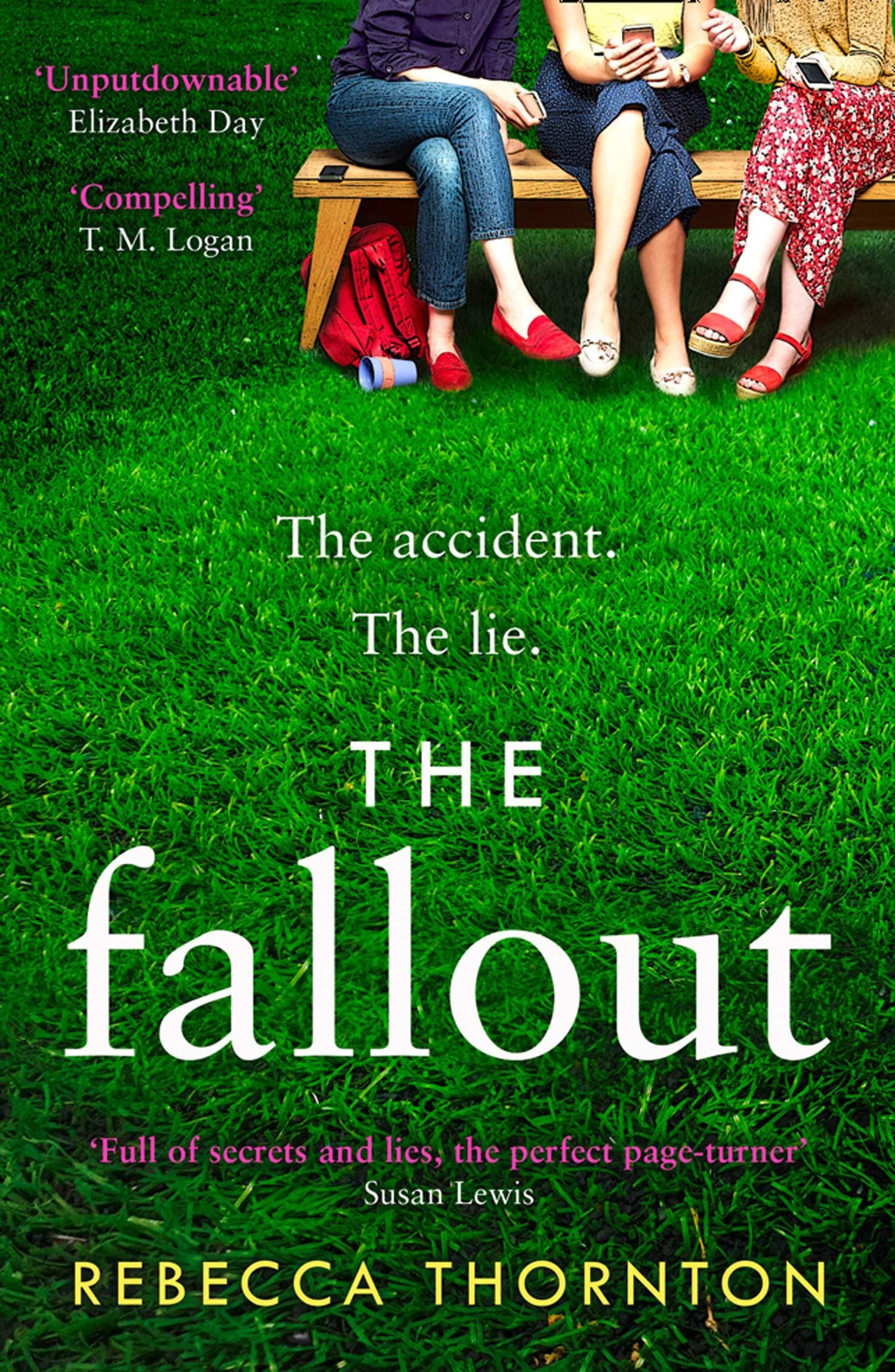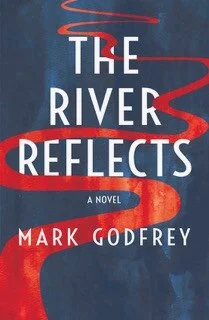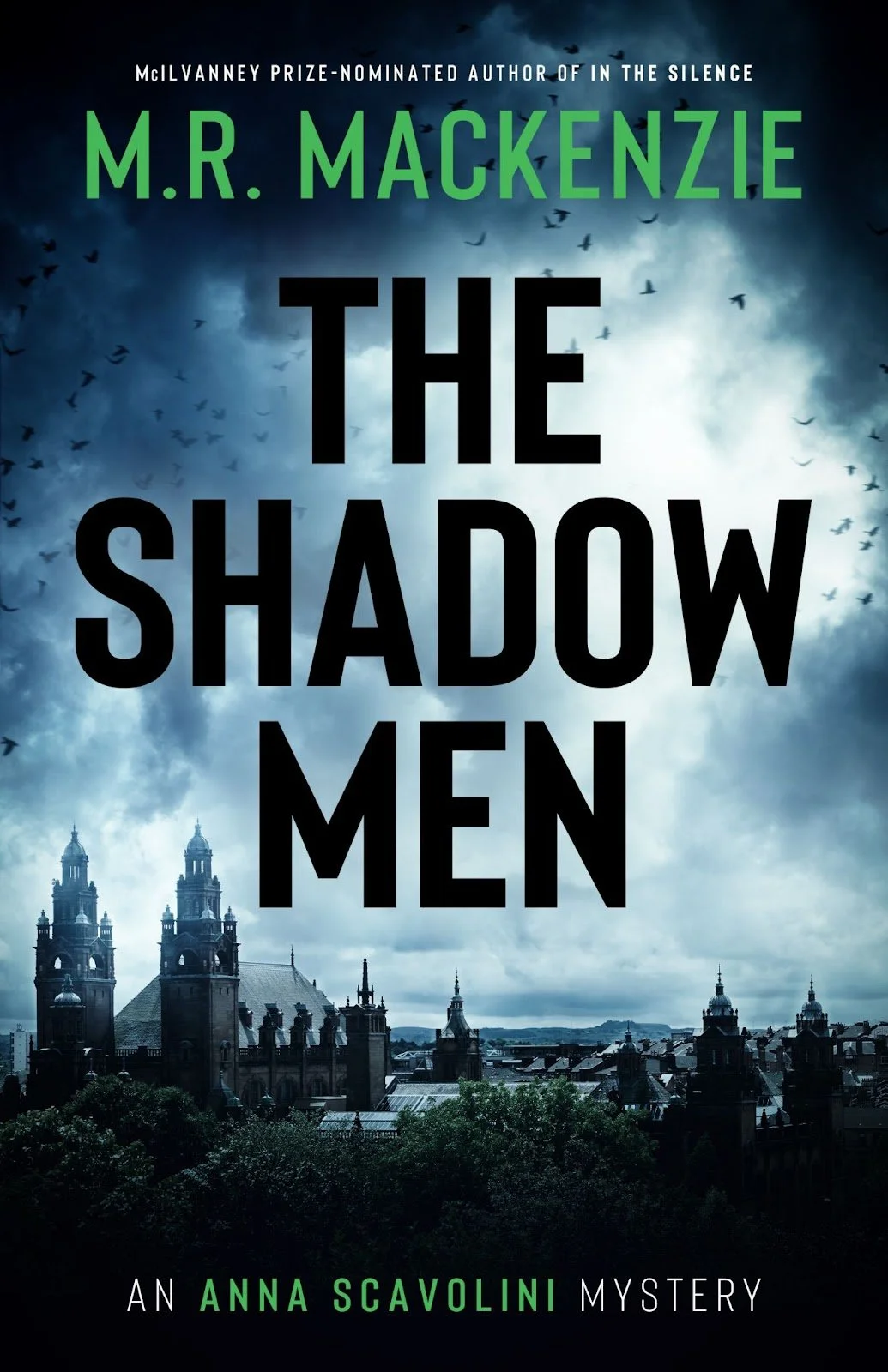The Lace Weaver by Lauren Chater
1941, Estonia. As Stalin’s brutal Red Army crushes everything in its path, Katarina and her family survive only because their precious farm produce is needed to feed the occupying forces. Katarina battles to protect her grandmother’s precious legacy – the weaving of gossamer lace shawls stitched with intricate patterns that tell the stories passed down through generations.
While Katarina struggles to survive the daily oppression, another young woman is suffocating in her prison of privilege in Moscow. Yearning for freedom and hoping to discover her beloved mother’s Baltic heritage, Lydia escapes to Estonia. Facing the threat of invasion by Hitler’s encroaching army Katarina and Lydia and two idealistic young soldiers, insurgents in the battle for their homeland, find themselves in a fight for life, liberty and love. Eighty years after the conflict portrayed in The Lace Weaver, we are confronted with devastating parallels to what is unfolding in Ukraine.
About the author
Lauren Chater is the author of the historical novels The Lace Weaver and Gulliver’s Wife, as well as the baking compendium Well Read Cookies – Beautiful Biscuits Inspired by Great Literature.
In 2018 she was awarded a grant by the Neilma Sidney Literary Fund to travel to the Netherlands to research her third novel The Winter Dress, inspired by a real 17th century gown found off the Dutch coast in 2014. She has made appearances at the Brisbane Writers Festival, Storyfest, the Southern Highlands Writers’ Festival and the Tamar Valley Writers’ Festival, as well as many others. She is currently completing her Masters of Cultural Heritage through Deakin University.
Review
‘The Lace Weaver’ is a beautiful piece of historical fiction that blew me away with its quality, characters and accurate depiction of life in Estonia during this period.
This is an impeccably researched piece of historical fiction. As someone who studied this era and area of Estonian history at university, I can truly say that this is an accurate reflection of life in Estonia during the Second World War. It is clear that Lauren has spent a lot of time researching events, culture and people and it shows in this wonderful novel. One of the ways that Estonians tried to keep their identity was by the use of storytelling and singing and this is reflected in the book. The scene where the women are together in the factory cellar ana singing I found to be very moving and I even shed a tear.
‘The Lace Weaver’ expertly wove the tales of Lydia and Kati together and it was beautifully done. It shows that despite your class and background that every single person in Estonia and the Soviet Union, in general, was touched by the fear and terror which was ever present in this novel. If you have ever read about Stalin’s real daughter Svetlana you will see a lot of parallels between Lydia and Svetlana’s early life. Again a clear nod to the fact that Lauren researched this book down to the tiniest detail. The tone of terror was pitch-perfect. Imagine being in Estonia during this time, first, the intelligentsia is deported, then the country is asset stripped and then the political targets are removed either to Russia or to work camps. Then Russia is replaced by Germany and the terror doesn't stop. Kati in a way was lucky that she had links to the Forest Brothers. I have always been fascinated by this group and a lot isn't known of them to this day. But Lauren has managed to visualise them and give them a voice in a way.
‘The Lace Weaver’ is Lauren’s debut novel but wow it doesn't read like one. It's beautifully written and structured, researched down to the finest details, and has brilliantly formed characters and an exquisite story. I thoroughly enjoyed reading this book even if I was heart sore for the majority of it. But that shows that the book has made an impact and done its job. I will now read anything by this author as I loved this book for so many reasons.
Let me know if you read this one!








